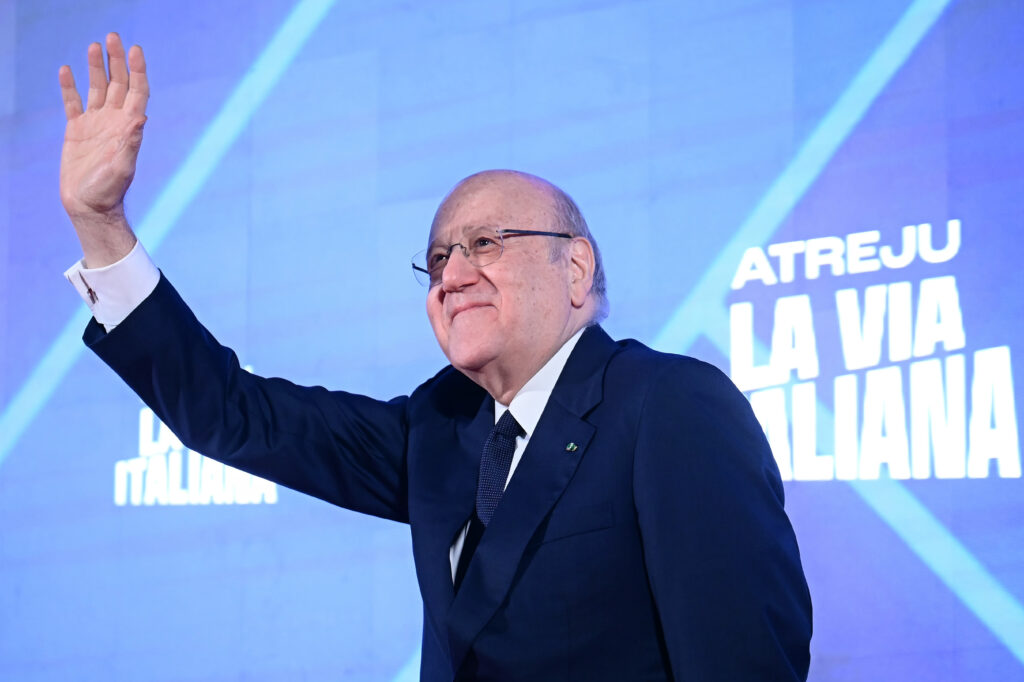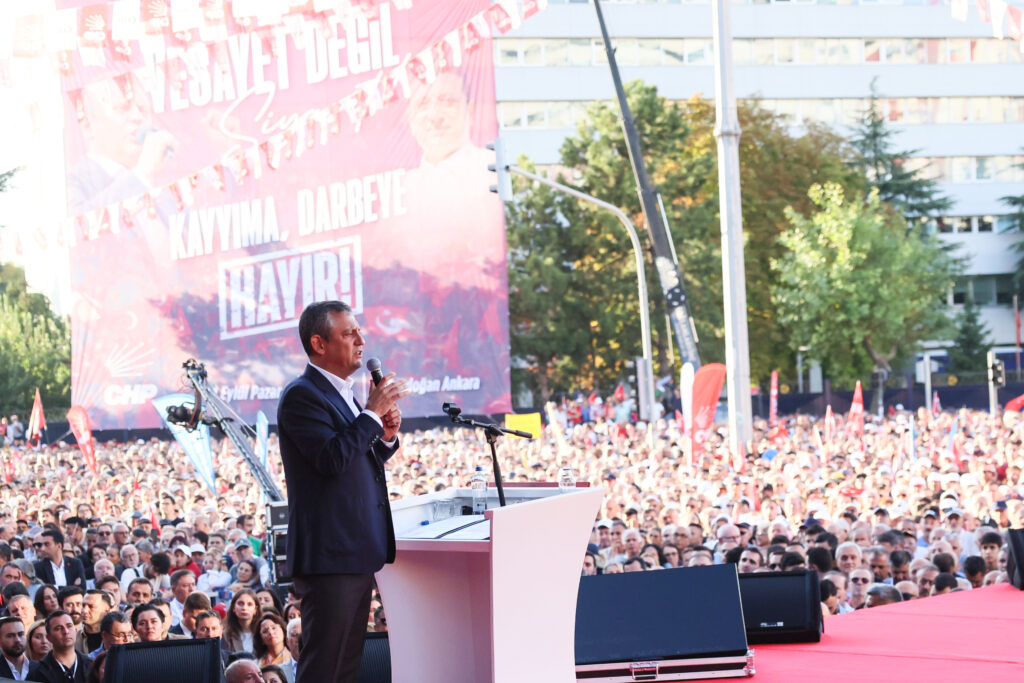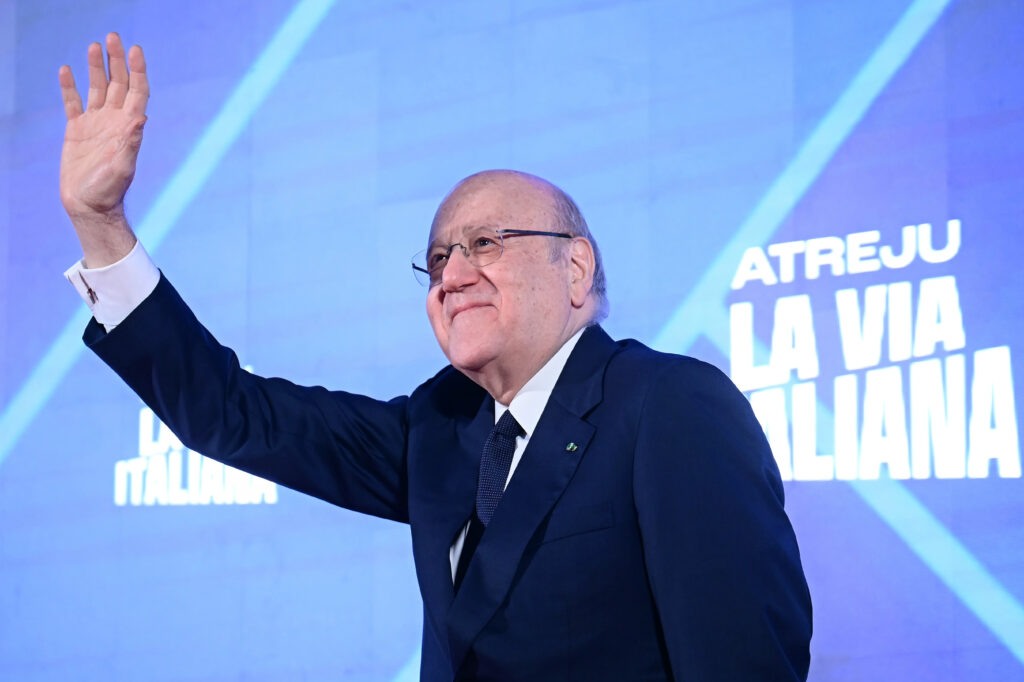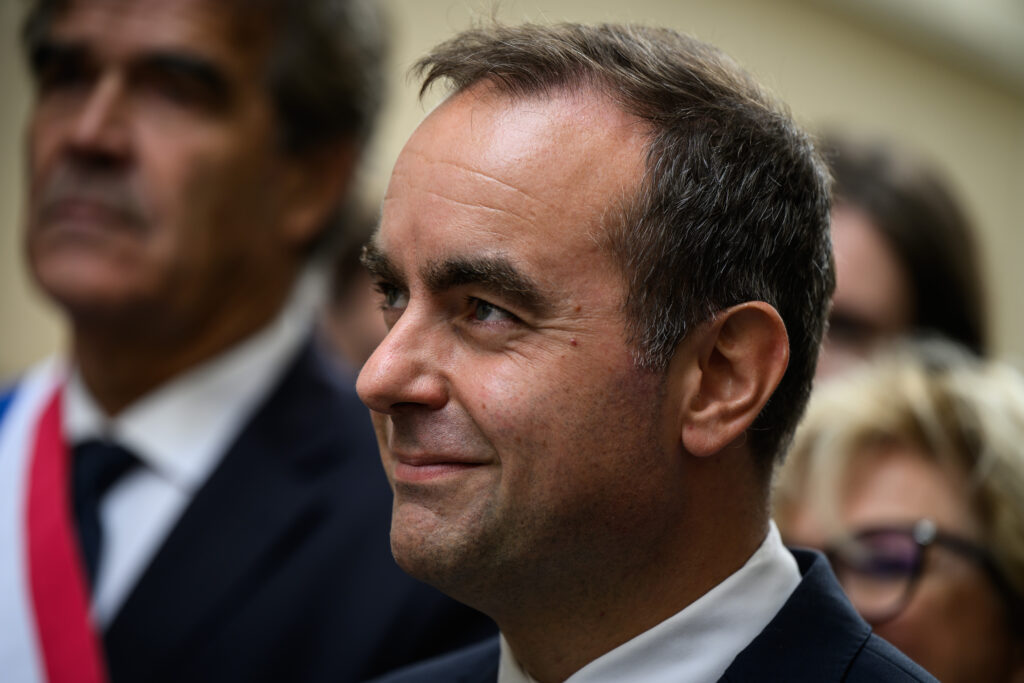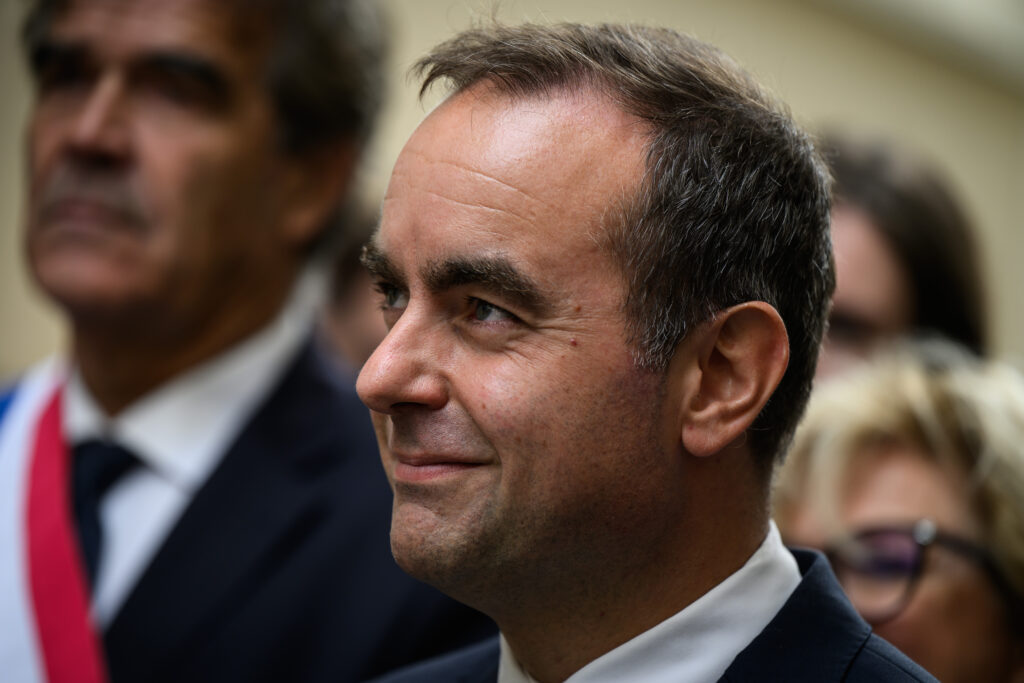Les socialistes ont posé leurs conditions dimanche, en particulier sur la fiscalité des plus riches, face aux offres appuyées de dialogue du Premier ministre Sébastien Lecornu, qui se retrouve sous les pressions conjuguées des oppositions, des mouvements sociaux, jusqu’aux agriculteurs et même aux patrons qui menacent de se mobiliser.Dans ses premiers actes, l’ancien ministre des Armées a annoncé samedi l’abandon de la mesure rejetée par les Français de suppression de deux jours fériés. Il a tendu la main à la gauche, hors LFI, et à l’appui de son changement de méthode, il a promis le lancement d’une nouvelle réforme de décentralisation et la suppression des avantages bénéficiant aux anciens ministres.Mais pour des raisons souvent contraires, ce sont des menaces de blocages, sur le terrain politique ou social, ou des avertissements qui ont déferlé dimanche au lendemain de sa prise de parole dans la presse régionale.Le Parti socialiste, qui sera crucial pour la survie du gouvernement et avec qui le Premier ministre souhaite engager une discussion “moderne et franche” sur le budget 2026, a rappelé ses lignes rouges.”Si le Premier ministre souhaite demeurer en poste, il doit comprendre qu’il y a une soif de changement dans le pays. (…) La rupture, c’est suspendre la réforme des retraites, c’est permettre l’augmentation des salaires”, a souligné le député PS Philippe Brun sur Franceinfo.- Pas de “fétichisme” -L’ex-président François Hollande, tenant de la ligne la plus conciliante au sein du PS, a soutenu l’exigence d’une plus grande taxation des plus riches, sans faire de “fétichisme” sur le dispositif qui sera retenu. La taxe sur les hauts patrimoines élaborée par l’économiste Gabriel Zucman, soutenue par le PS, n’est pas la seule formule, a-t-il insisté sur BFMTV.Il faut que Sébastien Lecornu “change l’orientation” de son gouvernement. Et les socialistes doivent savoir “à un moment nouer un compromis”, a ajouté l’ex-chef de l’Etat, hostile à une nouvelle dissolution de l’Assemblée nationale.”Il y a des questions de justice fiscale, de répartition de l’effort et il faut y travailler sans idéologie”, avait dit samedi Sébastien Lecornu, avant de mettre en garde: “Attention au patrimoine professionnel, car c’est ce qui permet de créer des emplois.”Probablement une façon d’évacuer la taxe Zucman. Pour les macronistes, ce n’est “pas une bonne piste”, a réaffirmé la présidente de l’Assemblée Yaël Braun-Pivet sur LCI.Le patronat, de son côté, est monté au créneau dès samedi soir. Le président du Medef Patrick Martin a averti que le gouvernement ferait face à “une grande mobilisation patronale” si les impôts sur les sociétés augmentaient.Sébastien Lecornu compte sur les partenaires sociaux pour trouver par la négociation des économies supplémentaires, et compenser l’abandon de la mesure sur les jours fériés, qui devait rapporter 4,2 milliards d’euros au budget 2026. – “Il n’a rien à faire là” -Son prédécesseur François Bayrou tablait sur des économies de 44 milliards d’euros au total, un chiffre qui pourrait être revu en baisse dans la négociation qui va désormais s’ouvrir.Sans majorité à l’Assemblée, le nouveau Premier ministre devra cet automne espérer la non-censure des socialistes ou du Rassemblement national (RN) pour se maintenir. Mais il a clairement indiqué que c’est vers la gauche non-mélenchoniste qu’il se tournerait d’abord.Côté Ecologistes, la réponse est déjà négative. Marine Tondelier n’entend pas négocier avec un Premier ministre qui, a-t-elle dit sur RTL, “n’a rien à faire là” car elle considère qu’Emmanuel Macron aurait dû nommer une personnalité de gauche.Au sein de la coalition sortante, on cherche cependant des voies de passage. Yaël Braun-Pivet a appelé dimanche à un accord autour d’un chiffre de 35 à 36 milliards d’euros d’économies dans le budget 2026. La porte-parole des Républicains (LR) Agnès Evren a indiqué sur France 3 que le chiffre de 44 milliards “peut se négocier”.En déplacement en Alsace, le ministre de l’Intérieur et président de LR Bruno Retailleau a posé “les limites” de la participation de son parti au gouvernement et rejeté par avance une politique qui serait “faite pour satisfaire la gauche”.Quant au RN, réuni à Bordeaux, il voit déjà au-delà de Sébastien Lecornu. Marine Le Pen prépare ses troupes à de nouvelles élections “lorsque ce gouvernement déjà oublié sera censuré, probablement dans quelques semaines ou dans quelques mois”.Les syndicats préparent, eux, leurs mobilisations de jeudi prochain, qui devraient entraîner des grèves dans plusieurs secteurs, et être plus massives que la journée de blocage du 10 septembre. “Nous voulons battre le fer pendant qu’il est chaud, envoyer l’ensemble du musée des horreurs du budget Bayrou aux oubliettes de l’histoire”, a déclaré à l’AFP la secrétaire générale de la CGT Sophie Binet.Et dimanche, c’est le président de la FNSEA Arnaud Rousseau qui a ajouté la voix des agriculteurs aux tensions politiques et sociales du moment. “Une grande journée d’action” aura lieu le 26 septembre autour des questions des échanges internationaux pour les produits agricoles, a-t-il annoncé.
